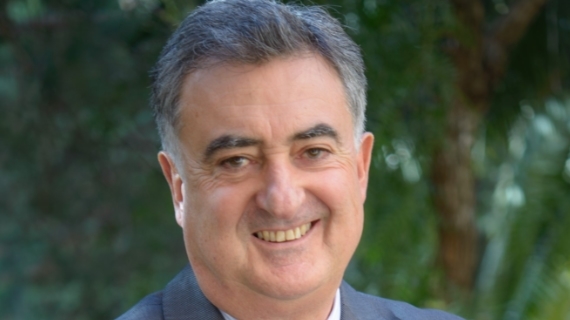Miguel Ángel González Moles
Oral lichen planus

- Graduate in Medicine and Surgery, University of Granada
- Doctor in Medicine and Surgery, University of Granada
- Specialist in Stomatology, University of Granada
- Full-Professor in the School of Dentistry at the University of Granada, in the field of Oral Medicine.
- Ex-head of the Department of Stomatology , University of Granada
- Responsible for the CTS 392 Research Group (Junta de Andalucía) (Research in “biopathology of oral squamous cell carcinoma”)
- Member of the Cochrane group for Oral Cancer Diagnostic Review
- Member of the collaborative group of the “World Health Organization” for the study of potentially malignant oral disorders
- Included in the top 2% of most influential researchers in the world (index published by Stanford University, California (Plos Biology, 2020))
- Associated Editor of the Journals Oral Diseases and Cancers
- Author of 176 publications (Index H: 43 (google scholar))
- Author of the book “Oral precancer and cancer” (Medical-dental Advances Editions)
- Speaker in national and international congresses (United Kingdom, Portugal, Venezuela, Brazil, Argentina Mexico, Peru, Arabia Saudi)
Nationality: Spain
Scientific areas: Oral medicine
17 of november, from 17h30 until 18h30
Auditorium D
Conference summary
Oral lichen planus (OLP) is classified as a chronic disease of unknown etiology, probably autoimmune. Recent evidence points to its remarkable frequency, affecting approximately 1% of the general population with a higher prevalence in Europe than in other areas of the world. The risk of developing OLP increases progressively and significantly after 40 years of age.
Today we know that OLP frequently appears in relation to other clinical processes among which emotional disorders, some autoimmune diseases, diabetes, liver diseases etc. are the most important. From the point of view of its manifestations and clinical presentation, there are currently high levels of controversy about the
possible consideration of some special forms of OLP, among which are the so-called oral lichenoid lesions, lichenoid reactions, chronic ulcerative stomatitis, among others. In relation to this, there are also
current controversies as to the diagnostic procedures required, advisable or obligatory, to reach the diagnosis of this disease.
OLP is currently considered a potentially malignant oral disorder whose risk of progression to cancer is around 1% of cases, with some predisposing and, in many cases, controversial factors, among which the presence of epithelial dysplasia stands out. Finally, the treatment and management of OLP is also complex, and there are no universally accepted guidelines for the application of drugs, essentially topical corticosteroids. This talk will present the available evidence on the most controversial aspects of this disease, some of which has been reported by the speaker, as well as his personal experience with this disease.